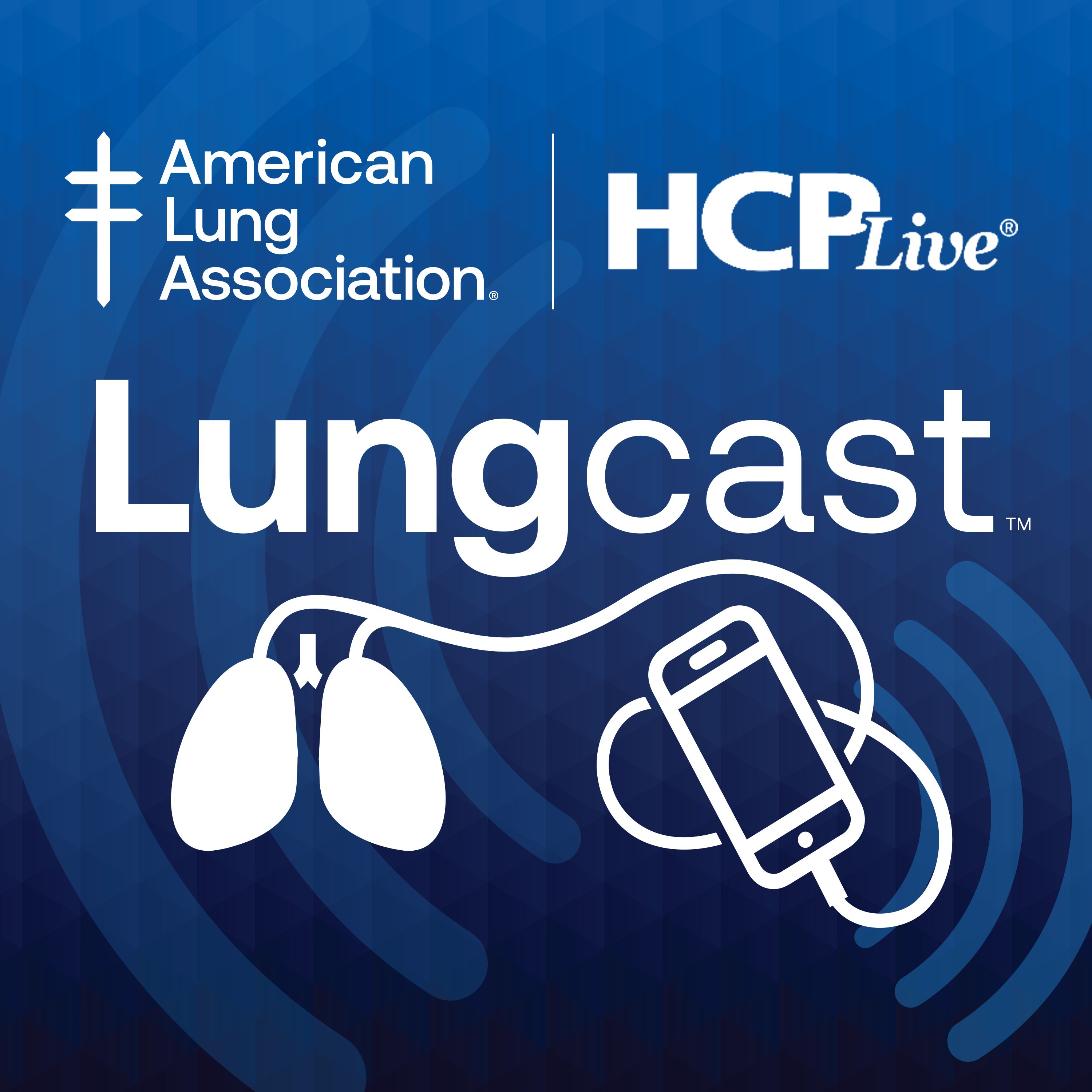Video
Sickle Cell Disease and Newborn Screening
Author(s):
Expert perspectives on the importance of newborn screening to impact mortality rates in sickle cell disease.
Transcript:
Ifeyinwa Osunkwo, MD: That’s a very good segue to Dr Shah: can you talk about newborn screening a little? Knowing you have sickle cell disease is a good step, but knowing your child has sickle disease is the first step. Getting them plugged into comprehensive care is the second step. The third step, once you’re done, is what’s the role of the primary care provider in sickle cell disease? I want Dr Shah to address newborn screening, how that system works, and the benefits of that system.
Nirmish Ramesh Shah, MD:We’re really fortunate now that we have mandatory newborn screening throughout the United States. Every baby is screened for a lot of things, but sickle cell is included. Many times, you go to the pediatrician after having a baby. They’ll go through the results and say “It looks like we’ve picked up sickle cell disease.” Then we have families coming to us very scared and not understanding what sickle cell is. They’re looking at Google and trying to figure out what this means to their baby. It’s our job to put things in perspective, and go through the whole conversation about what sickle cell is, what it means, and how every child and patient is different.
It’s extremely important that we made that big decision a little while ago to have every baby screened. Dr [Wally] Smith brought this up, but it’s exactly right. In the 1970s, only 50% of kids survived to 18, and now it’s over 95%. In the conversation that was brought up, I would emphasize that how we talk about mortality is talk about how we’re making progress. The way to make progress is to continue to do more of what we’re trying to do: try to do research, try to have patients come in for their health maintenance visits, have patients understand how to leverage these disease-modifying medications. But it’s going to be something we need to continue to follow patients closely for.
How do I try get patients to take the medications? As you said, for teenagers it’s hard to get them to do. I put it in perspective. Those patients who take hydroxyurea, which we have the most data about, live longer; we have data that mortality is better. I dangle that in front of my patients and say, “I know you don’t want to take your hand drugs, but it’s the 1 thing that I know has been associated with patients who live longer. When you put that out there, it puts it in perspective: the mortality rates for sure have gotten better over the years. We want to continue that trend, but your part is to do what we’re asking you to do with compliance, so it’s a big deal that we have newborn screens. We can get patients in treatment in our clinics early so we can have those conversations and start this journey together early.
Ifeyinwa Osunkwo, MD: There are a lot of initiatives around the world trying to implement newborn screenings in other resource-poor countries, because we’re blessed in the United States and in the United Kingdom. However, many countries don’t have newborn screening, so the first step is to know you have it, then get plugged into providers who got the shot of the design so they can take care of you and work together as a team to find out what your goals are and to make sure we’re helping you meet those goals.
Transcript edited for clarity.





